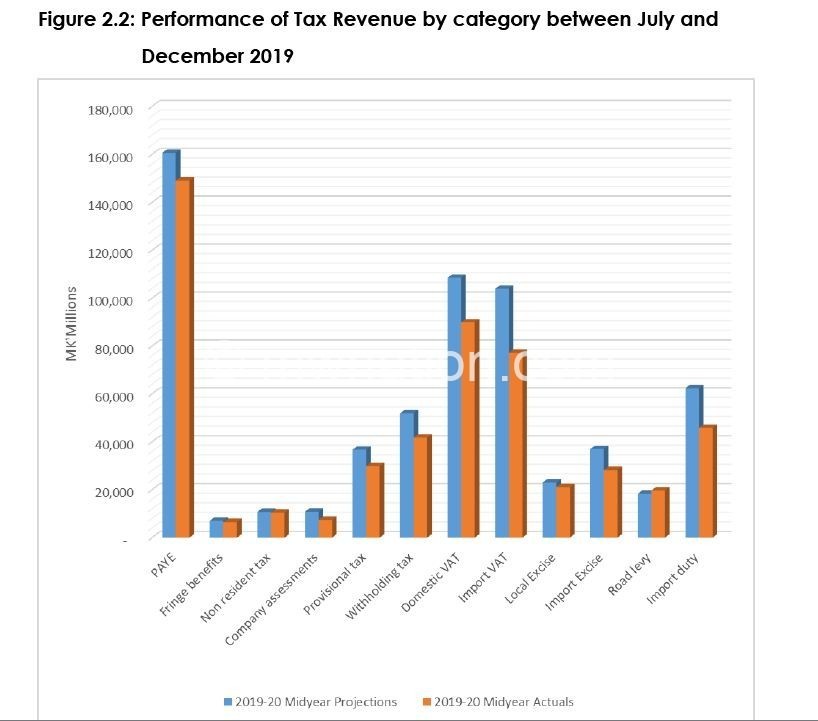Calls mount to broaden tax base
The African Tax Administration Forum (Ataf) says Covid-19 should be a wake-up call for African countries such as Malawi to be vigilant in broadening their tax base to mitigate budget shortfalls during pandemics.
Ataf is a tax think-tank formed by African tax collecting bodies to which the Malawi Revenue Authority (MRA) is a member.

Ataf director of research Nara Monkam argued in a statement that broadening the tax base has been more manifested due to the economic and social havoc being wreaked by the Covid-19 pandemic.
Monkam said data supplied by the relevant tax administrations clearly show that the contribution to tax revenue of large taxpayers (corporates) outweighs their number in the taxpayer base.
She said: “The heavy dependence on a small number of taxpayers is a risk to revenue mobilisation and budgets. Indeed, should any of them experience economic difficulties, the entire budget balance would be jeopardised.
“It is important that tax authorities find strategies for increasing contributions from other categories of taxpayers. Determining the share of active taxpayers by type of tax, for example, can help them identify certain tax niches.”
Her sentiments also follow the African Tax Outlook (ATO) which shows that critical areas for tax base broadening initiatives are micro and small businesses, many of whom operate in the informal sector that constitutes a significant proportion of economic activity in African countries but remains overwhelmingly outside the tax net.
Treasury spokesperson Davis Sado said the observation by Ataf is correct but explained that Treasury is working towards coming up with proper strategies, not just to widen the tax base but to ensure that there is compliance in tax payment.
He explained that Treasury is in the process of finalising a Domestic Resource Mobilisation Strategy which will focus on key areas where Treasury is to put proper focus to ensure more Malawians start paying tax.
Tax expert Emmanuel Kaluluma said the economy relies much on imported raw materials for production hence corporate companies’ operations are scaling down hence affecting national budget tax revenues.
Kaluluma then called for tax education to enlighten people why they should pay taxes and that the messages should be matching with what government offers to the people for instance availability of better public services. In the first six months of the 2019/20 budget, Treasury already recorded a deficit of K155.9 billion representing 2.5 percent of Gross Domestic Product (GDP) which was attributed to low revenue collection due to underperformance of businesses.





